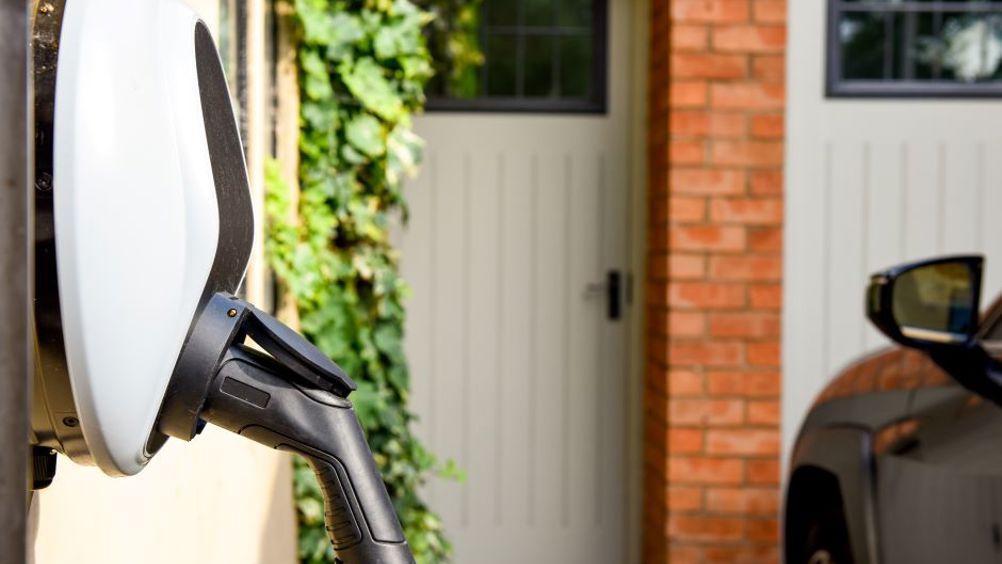Study to explore if EVs could power homes
A new collaborative project is exploring if electric vehicles (EVs) could power drivers’ homes while on charge.

The ‘Vehicle to Energy Communities’ (VECTORS) project, funded by Innovate UK, is exploring how energy from EV batteries could be pushed back to the power grid through ‘bi-directional’ charging.
It will also explore if drivers could use this type of charging to store excess energy produced by solar panels on their home in their EV batteries. This could lead to further energy being passed back to the grid and provide consumers with individual and community-based money-saving incentives.
Many research projects have focused on vehicle-to-grid (V2G) concepts, but VECTORS – led by British smart-tech company SMPnet – looks to expand the potential of bi-directional charging technologies through a vehicle-to-everything (V2X) approach, with a specific focus on domestic settings.
V2X technology uses data communication, optimisation, and control technology to charge the EV battery when electricity demand is low, and release power back to the grid when the demand is high.
Dr Tracy Ross, an expert in people-centred design of transport service innovations at Loughborough University’s School of Design and Creative Arts, is leading the VECTORS research strand focused on consumer engagement.
Register now to continue reading
Thanks for visiting The Engineer. You’ve now reached your monthly limit of news stories. Register for free to unlock unlimited access to all of our news coverage, as well as premium content including opinion, in-depth features and special reports.
Benefits of registering
-
In-depth insights and coverage of key emerging trends
-
Unrestricted access to special reports throughout the year
-
Daily technology news delivered straight to your inbox










Water Sector Talent Exodus Could Cripple The Sector
One possible reform to the Asset Management Plan (AMP) system would be to stagger the five year cycle across the ten or so water businesses, so that...